Strontium titanate is an oxide of strontium and titanium with the chemical formula SrTiO3. At room temperature, it is a centrosymmetric paraelectric material with a perovskite structure. At low temperatures it approaches a ferroelectric phase transition with a very large dielectric constant ~104 but remains paraelectric down to the lowest temperatures measured as a result of quantum fluctuations. It was long thought to be a wholly artificial material, until 1982 when its natural counterpart – discovered in Siberia and named tausonite – was recognised by the IMA. Tausonite remains an extremely rare mineral in nature, occurring as very tiny crystals. Its most important application has been in its synthesized form wherein it is occasionally encountered as a diamond simulant, in precision optics, in varistors, and in advanced ceramics.
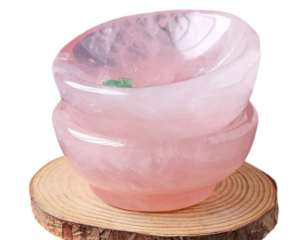
Rose Quartz: Healing, Energy Properties, and Usage Guide
Rose quartz appears pink and attracts healing energy



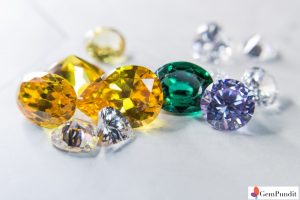



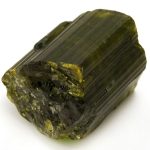
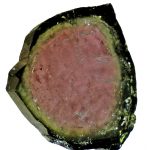
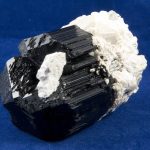
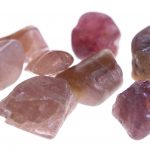
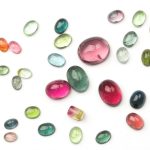
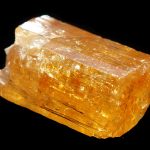
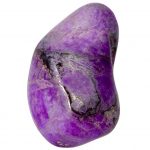
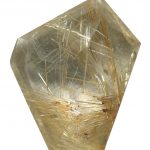
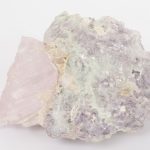
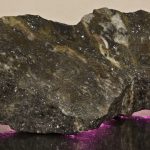

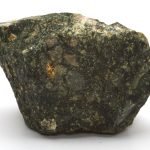

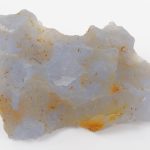
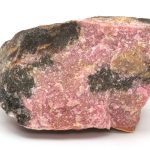
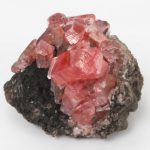
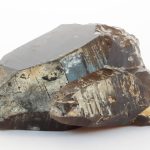

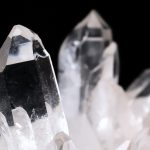
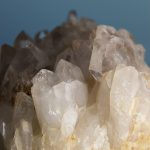
Leave a Reply
You must be logged in to post a comment.